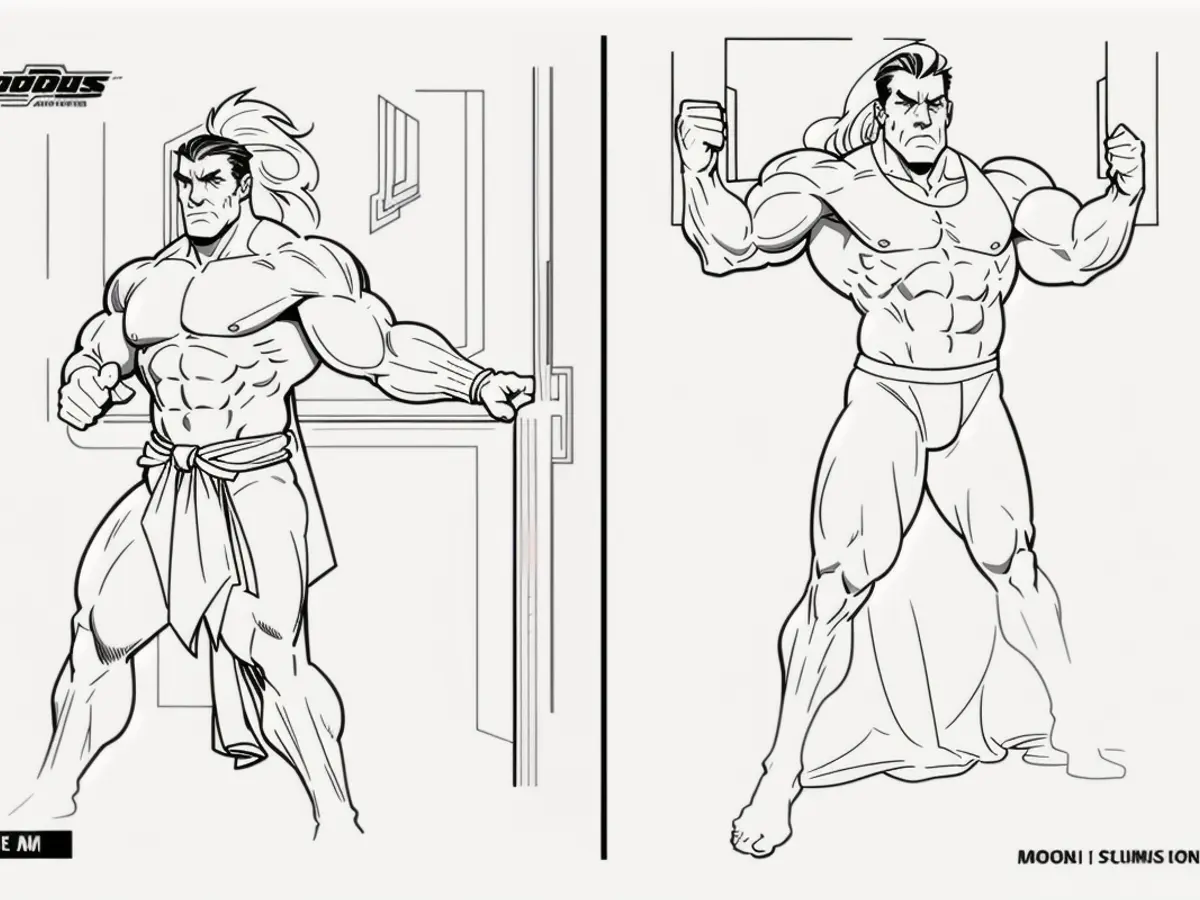Amazon Discontinues 'Inspire', Suggests New Strategy for Social Commerce
Amazon has decided to shut down Inspire, its TikTok-style shopping feature that was launched just 14 months ago. The closure of Inspire marks yet another unsuccessful attempt by Amazon to crack the code of social commerce. The company now appears ready to meet customers where they naturally seek inspiration, rather than trying to force social behavior into its shopping app.
Amazon's failed attempts at social commerce, including Amazon Spark, Posts, and Amazon Live, highlight a fundamental misunderstanding of how social commerce works. Unlike platforms like TikTok, where users are co-creators and trends emerge from genuine social engagement, Amazon attempted to engineer social behavior within its shopping app. This approach did not resonate with users.
In contrast to Amazon's strategy, TikTok's shopping features have gained traction due to fostering an ecosystem where commerce naturally follows engagement and authenticity. The success of TikTok in driving purchases is not due to paying creators directly but creating an environment where shopping is a natural extension of social engagement.

Amazon's announcement acknowledges that customers seek inspiration in social feeds beyond Amazon, signaling a significant strategic shift. The company has already expanded partnerships, enabling direct purchasing integrations across major social platforms, including Instagram, Snap, Facebook, Pinterest, and TikTok.
The failure of Inspire, placed in the low adoption, low impact quadrant in Stratably's Amazon Competitive Edge framework, suggests a need for brands to recalibrate their approach to social commerce. Rather than building audiences within Amazon's ecosystem, the focus should be on creating compelling content where audiences already exist and optimizing Amazon presence for conversion.

In response to the failure of Inspire, Amazon is focusing on AI-driven product discovery with the introduction of Rufus, an AI shopping assistant integrated into the Amazon app. Rufus uses AI to act as a personalized shopping guide, factoring in broader signals such as reviews, brand websites, and internet presence to recommend products. This approach is designed to be more proactive and personalized, suggesting products based on past purchases, search history, and price sensitivity.
For brands, success will likely depend on maintaining strong presences where customers naturally seek inspiration while ensuring their Amazon presence is optimized for the moment when inspiration turns to purchase intent. Amazon's pivot towards partnerships and AI-driven product discovery represents a mature recognition of its strengths and limitations, focusing on what it does best and partnering with platforms that excel at inspiration and discovery.
- Amazon announced that it will be discontinuing Amazon Live Video, a TikTok-style shopping feature, which was part of Amazon Inspire, a social commerce platform launched only 14 months ago.
- Amazon's decision to shut down Inspire is another indication of its struggles in the realm of social commerce, following failed initiatives like Amazon Spark, Posts, and Amazon Live.
- The company now seems to be recognizing the importance of meeting customers where they naturally seek inspiration, as opposed to trying to force social behavior into its shopping app.
- TikTok's shopping features have gained popularity due to their ability to foster an ecosystem where commerce naturally follows engagement and authenticity.
- Amazon has been expanding partnerships to enable direct purchasing integrations across major social platforms, including Instagram, Snap, Facebook, Pinterest, and TikTok.
- In response to the failure of Inspire, Amazon is focusing on AI-driven product discovery with the introduction of Rufus, an AI shopping assistant integrated into the Amazon app.
- Brands will likely find success by maintaining strong presences on social media platforms where customers seek inspiration, while optimizing their Amazon presence for the moment when inspiration turns into purchase intent.






